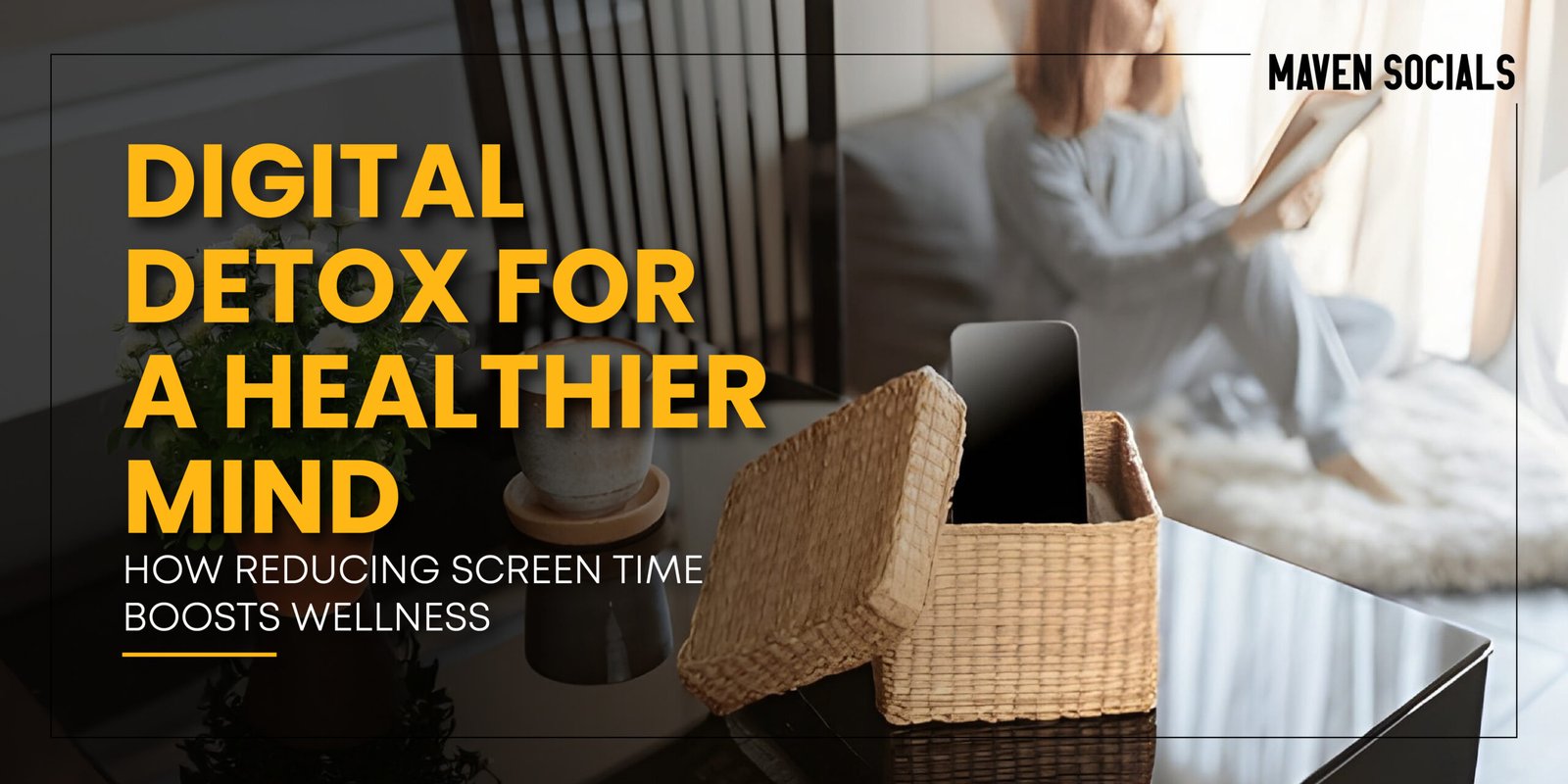For Young Parents
Infant care is the first step in parenting because your little one always needs the primary caregiver. Thus, knowing the proper ways to handle your baby is quintessential. Here’s a narrative of the must-knows of infant caregiving that will help you through your first few weeks of parenthood.
Infant Care 01: Giving Feeds
In the initial stages of a child’s birth, receiving the proper nutrients is quintessential. It is the foremost know-how of infant care. It begins with the necessity of breastfeeding for the first six months. In cases of insufficiency, paediatricians recommend the right kind of formula milk. Giving a feed in two or three hours is initially practised. Gradually increase the interval as the infant progresses.
Burp! It is a relieving sound from a baby that every parent looks out for. It is essential to help the infant burp for any discomfort with gas. Also, the caregiver must learn to notice the cues in their hungry or full infant.Proper sterilisation of the feeding bottles is vital to keeping babies free from infections.
Moreover, the parents must consult with a good paediatrician about when and how to introduce solids into the baby’s diet.
Infant Care 02: Handling the Baby
Babies are prone to infections in the early stages of life. Their immune systems are only maturing, so they need proper care. Thoroughly cleanse your hands before carrying your little one or feeding them.
Then, the next thing is holding the baby; while doing so, you have to ensure utmost care. Supporting the head and neck while carrying them is essential for the first four months. Also, always hold your infant in the proper position. Be gentle with your baby while holding, sleeping, feeding, etc. Avoid shaking the baby playfully, and be cautious of pets and other children around the home. Look out for the baby’s surroundings and ensure it is free from hazards. Most importantly, keenly paying attention to your baby’s cues can help you provide them with total comfort.
Infant Care 03: Sleep O Sleep, Little One
Developing proper sleep patterns is significant to caregiving. It includes not just the sleeping hours but other factors as well. Before laying your infant for a sound and peaceful sleep, ensure the environment is safe and devoid of disturbances. Dress your infant in comfortable clothes aligning with the room temperature. Feed your baby, sing a lullaby, and soothe your baby into a dreamy world. Laying your baby on their back is recommended.
Your infant will crave your presence for the initial months, so ensure you provide it appropriately. Your baby’s sleep pattern will form in the first few weeks, so ensure you adjust and follow their schedule. It will also give the primary caregiver enough time for their routine.
Look for your infant’s cue to help them form their internal sleep cycle. Ensure a quiet and peaceful environment during night feeds. Moreover, some developmental stages may cause disruptions to their usual sleep patterns, which is normal. While you give your little one their sleep, ensure you also get a proper one.
Infant Care 04: Hygienic and Healthy
Proper hygiene and care for the infant are prerequisites for their well-being. Initially, it starts with sponge baths and then continues with brief baths for the little one. Handle the infant carefully and ensure all the cleansing supplies are nearby. Check the water temperature for the baby’s bath, and let go of frequent bathing in a week to avoid skin dryness. You must gently clean, rinse, and dry the baby during the short bathing time.
Another important aspect that comes with cleanliness is diaper changing. The little one’s caregiver must thoroughly cleanse their hands before and after, avoiding germs. All required supplies, including wipes, cream, and diapers, must be close-distance. Lay the baby on a flat surface and handle them carefully while changing. You should also take precautions to prevent diaper rashes. Then, after you change up the baby, dispose of used diapers properly.
Therefore, by preventing infections and germs near your baby, you create a healthy living space for your tiny one.
Infant Care 05: Soothing the Little One
An infant requires comfort and care to feel safe. Caregivers can provide the child with that peace in many ways. Babies need skin-to-skin contact; thus, holding and swinging them in your arms relaxes them. Babies love the rhythmic motion and the soothing sound of lullabies. This care from the caregiver provides the baby with assurance and calms their soul.
It is essential to ensure that babies are always in a comfortable environment with the right room temperature. Babies love warm baths that make them feel snug again. Another way of relaxing the baby is to give them gentle massages. The baby can also have a comfort object to hold or feel safe with.
Moreover, as an infant’s caregiver, you should understand and promptly respond to cues from the little one. Thus, you are making yourself accessible to their needs even in moments of discomfort. It also ensures a calming effect on your baby with your comforting touch.

Infant Care 06: Bonding with Baby
Your infant needs all the care in the world. And it is the primary caregiver who can provide the safest haven for the little one. Beginning with gentle talk, eye contact during interaction, and skin-to-skin contact by the mother. It helps the infant to develop a sense of familiarity with the world outside the womb. Your caregiving should be prompt and aligned with the infant’s cues, fostering trust and reliability for the baby. Most importantly, cuddling forms a great infant-parent bond.
Another way of bonding is by involving yourself in activities with them. One of them is playtime, which is not just for entertainment but a bonding activity. Little ones are fascinated by peek-a-boo. You can also read for your little one, who would love to hear your gentle voice narrating stories, thus supporting their language development. Giving babies gentle massages is another way of ensuring that your baby relaxes in your presence.
Babies develop a routine over time, and this helps them better understand their primary caregiver. Also, including the baby in your daily routine and chores lets your baby feel connected to you. Then, it also becomes necessary for both parents to take care of themselves, ensuring constant support and increased bonding with the little one.
Happy Parenting
Sometimes, knowledge alone might not suffice when caring for an infant. In these times, look for cues your baby provides and handle the situation gently. Infant care might seem overwhelming, but remember, you will eventually learn what’s best for your little one.













